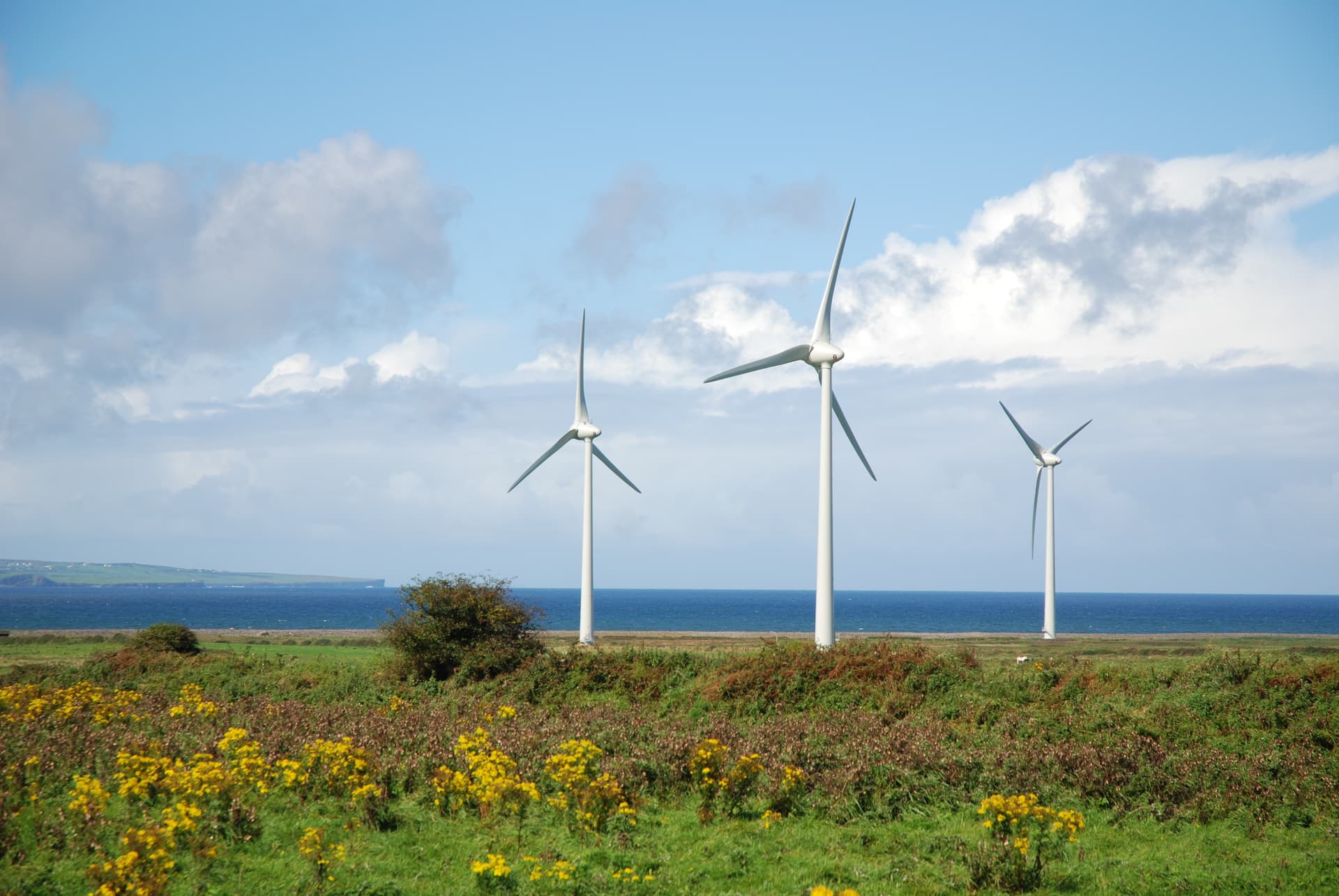Public Service Obligation Levy for 2023/2024
The CRU has confirmed the Public Service Obligation Levy for 2023/2024

The Commission for Regulation of Utilities has published a decision paper regarding the calculations for the Public Service Obligation (PSO) levy for the period 1 October 2023 to 30 September 2024.
The PSO levy is a key factor in enabling Ireland to meet its national targets in terms of the generation of electricity from renewables.
The negative PSO funding requirement for the upcoming PSO Year 2023/24 is -€67.47 million. While the PSO funding requirement is still negative, it does represent an increase from the 2022/23 PSO funding requirement of -€491.25 million.
A negative funding requirement is a result of the inverse relationship between the PSO and the wholesale electricity price. When wholesale electricity prices are high, mostly because of high gas prices, renewable generators, which do not require gas, receive greater revenues for the electricity they sell in the wholesale market.
As a result, for the forthcoming PSO Year 2023/24, it is estimated that minimal support will be required from the PSO for renewable generation under the older REFIT renewables support scheme. Furthermore, under the newer RESS support scheme, renewable generation will owe money to the PSO for the 2023/24 PSO period.
In the current PSO year (2022/23) the negative funding requirement resulted in domestic customers receiving a PSO payment for the first time on their bills of €89.10. In large part these monies were paid by renewable generation to end customers under the RESS scheme, as the revenue they were expected to get from the market (the Benchmark Prices) were higher than their support price.
So far in the current PSO Year (2022/23), actual market prices have been substantially lower than the Benchmark Prices used when this payment from renewable generation to customers was calculated. This means that in 2022/23, RESS supported renewable generation was paying customers back more money than they were earning from the market.
This divergence is likely to result in a significant positive correction in PSO Year 2024/25, which means customers would be required to pay this back to renewable generation.
The CRU is conscious that the current trend of electricity market prices indicates that a higher PSO payment will be required in 2024/25 and notes ongoing volatility in setting the PSO Levy from year to year. Given the relatively smaller payment that would be due to customers for the coming PSO Year 2023/24, the CRU has decided to use this to mitigate some of this volatility. The PSO Levy for this period will therefore be set to zero and the negative PSO funding requirement of -€67.47 million will be used to offset next year’s PSO levy.
The objective of this is to reduce the impact of the expected higher charges on customer bills in 2024/25.
The decision that has been published can be found here.
Commenting on the decision, John Melvin, CRU Director of Wholesale Markets said: “While the previous year saw a PSO credit being applied to customer bills for the first time, the PSO Levy’s inverse relationship with wholesale fuel costs means that this year the benefit has been greatly reduced. The longer-term outlook is for this trend to continue, and given the comparatively smaller payment this year, the CRU has decided to set the PSO Levy to zero this year to offset the expected increase in the PSO Levy for 2024/25 and help reduce the impact of these higher charges on customer’s bills.”
Notes:
Reducing Volatility
In 2021, the CRU noted that there has been significant year-on-year volatility in the PSO levy and consulted on the matter. The CRU, based on consultation responses, made amendments to the PSO forecast methodologies and committed to keeping all options under review to reduce volatility year on year.
Levy volatility impacts customers’ bills, but also has an adverse impact on renewable generation. The setting of the PSO Levy to zero will provide some level of smoothing of this volatility to minimise the impact on customer bills and confirms the proposed decision published by the CRU in June.
PSO Levy
The PSO levy is a subsidy charged to all electricity customers in Ireland and was originally designed by the Irish Government to support its national policy objectives related to renewable energy. The proceeds are used to pay for the relevant costs incurred by supported electricity generators which are not covered by the market, such as renewable sources such as wind and solar.
The CRU’s role is to calculate the PSO levy in accordance with Government policy and the governing legislation and to ensure that the scheme is administered appropriately and efficiently.